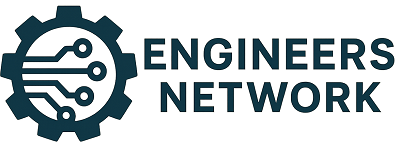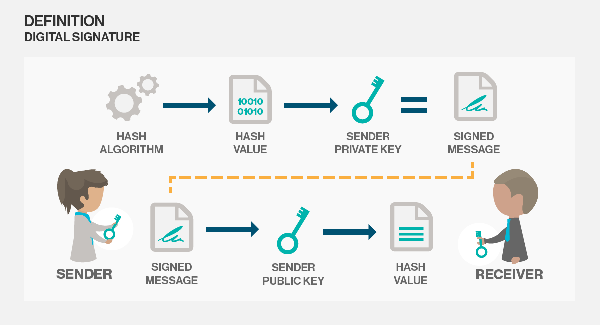When a process needs to be streamlined, we will often look to technology to make that happen. Therefore, technology evolves to make our lives easier. There is also a societal shift towards paperless offices, which are more secure and more environmentally friendly and for which technology can provide solutions.
What are digital and electronic signatures?
Digital and electronic signatures are not the same thing. Electronic signatures are the most simplistic and least secure. They can be anything from checking a box on an online form to a scan of a written signature inserted into a document. Digital signatures are more secure since they guarantee the document or message contents have not been adjusted. They are created with a code that is unique to both the document and the signer and cannot be forged, copied or altered in any way.
Why use digital or electronic signatures in conveyancing?
Like many other types of offices, conveyancers are trying to reduce the amount of paper they use, not only for environmental purposes but also to minimise mistakes. Errors are more likely to occur with paper-based processes than with digital processes. Given that office hours are generally the same across all businesses, it can be difficult for an individual to be able to get to see conveyancing solicitors face to face to provide a real signature. Therefore, the only way this has been possible in the past is to send documents out by post for signature to then be returned, which takes time. Signing a document electronically or digitally is instantaneous and therefore speeds up the process.
Are digital and electronic signatures acceptable in conveyancing processes?
The benefits of digital and electronic signatures in the current Covid climate are clear, but they were in use before any social distancing measures came into effect. However, the Land Registry in the UK has announced that the use of digital signatures by conveyancing solicitors such as conveyancing solicitors Sam Conveyancing would be acceptable to allow the profession to continue working without such a reliance on paper.
Although the introduction of new technology always involves some cost, the ability to create digital signatures will save time and therefore money in the long run, making it a worthwhile investment. Digital signatures should be used rather than electronic ones as they are more secure and widely accepted.






Leave a Reply